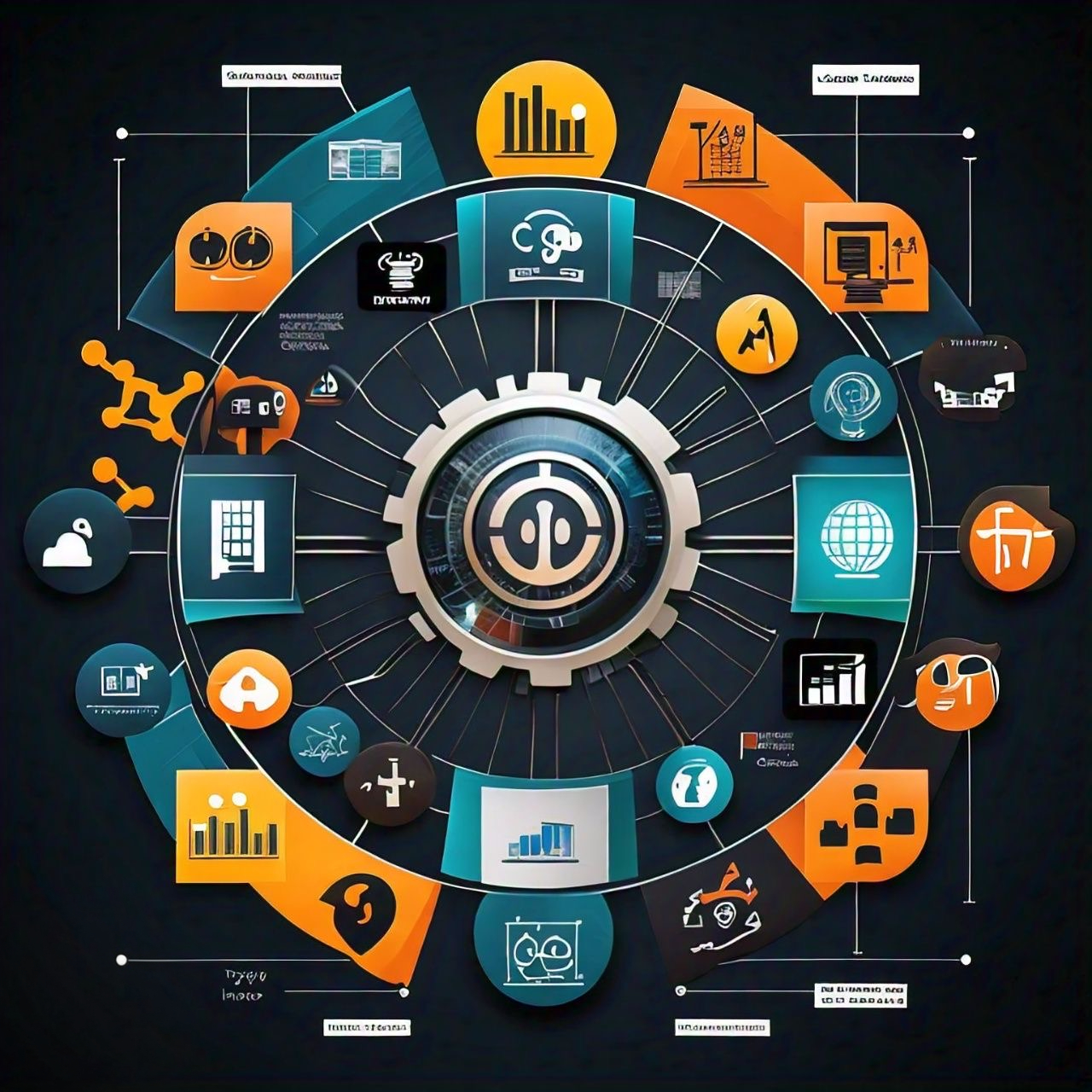Phone
Follow us on

E-Commerce & AI Today
Introduction
In today’s competitive e-commerce landscape, delivering a personalized customer experience is no longer just a nice-to-have—it’s a necessity. Artificial Intelligence (AI) has emerged as a game-changing technology, enabling e-commerce businesses to tailor their offerings to individual customers at scale. This article explores how AI personalization can transform the customer experience in e-commerce, driving operational efficiency, boosting customer satisfaction, and ultimately improving your bottom line.
The Impact of AI Personalization on Customer Experience
AI personalization leverages machine learning algorithms and data analytics to create unique, tailored experiences for each customer. By analyzing vast amounts of data—including browsing history, purchase patterns, and demographic information—AI can predict customer preferences and behavior with remarkable accuracy.
According to a recent study by Accenture, 91% of consumers are more likely to shop with brands that provide relevant offers and recommendations. This statistic underscores the importance of personalization in today’s e-commerce landscape

1. Hyper-Personalized Recommendations
AI-driven algorithms can analyze vast amounts of customer data to predict individual preferences, enabling e-commerce platforms to offer hyper-personalized product recommendations. By leveraging AI, retailers can present customers with products that align with their past behaviors, browsing history, and preferences, leading to higher conversion rates and a better overall customer experience.
For example, Amazon’s recommendation engine is responsible for 35% of the company’s total sales. This demonstrates the significant impact that well-implemented AI personalization can have on revenue.
Best Practice: Incorporate dynamic product recommendation engines across the site, especially on the homepage, product pages, and checkout processes. These engines can adapt in real-time, adjusting recommendations as customers interact with the website.
2. Enhanced Customer Segmentation
AI enables more accurate customer segmentation by analyzing patterns in customer data that may not be apparent through traditional methods. This allows businesses to create targeted marketing campaigns tailored to specific customer groups, ultimately leading to more meaningful interactions and improved ROI.
Best Practice: Use AI to segment customers based on behavior, purchase history, and real-time data. This approach ensures that marketing efforts are relevant and resonate with the intended audience.

3. Personalized Content and Messaging
AI can craft personalized content for each customer segment, whether it’s tailored email campaigns, dynamic website content, or personalized ads. This approach ensures that customers receive messages that resonate with them, enhancing their overall experience and increasing the likelihood of repeat purchases.
AI-powered email marketing platforms can analyze customer data to determine the best time to send emails, personalize subject lines, and tailor content to individual preferences. This targeted approach can significantly improve open rates and click-through rates.
Best Practice: Implement AI tools to generate personalized email campaigns and dynamic content on the website that adapts based on user behavior and preferences.
4. Improving Customer Support with AI
AI-powered chatbots and virtual assistants can provide real-time, personalized support to customers 24/7, enhancing the overall shopping experience. These tools can address common queries, offer personalized product suggestions, and even guide customers through the purchasing process, all while reducing operational costs.
Best Practice: Deploy AI chatbots on e-commerce websites to handle common inquiries and offer personalized recommendations, freeing up human agents to focus on more complex issues.
Operational Efficiency and Cost Management

1. Streamlining Operations with AI
AI not only enhances customer experience but also improves operational efficiency. For example, AI-driven demand forecasting helps in inventory management by predicting which products will be in high demand, reducing both overstock and stockouts.
Best Practice: Utilize AI for demand forecasting and inventory management to optimize stock levels, reduce waste, and lower operational costs.
2. Cost Management through AI Automation
AI automates repetitive tasks, reducing the need for manual labor and minimizing errors. This automation spans various operations, from order processing to customer support, leading to significant cost savings.
Best Practice: Identify repetitive tasks that can be automated with AI, such as order processing, data entry, or initial customer support interactions.
Innovating with AI Personalization

1. Continuous Learning and Improvement
One of the most significant advantages of AI is its ability to learn and improve over time. As AI systems process more data, they become better at predicting customer needs and preferences, enabling e-commerce businesses to stay ahead of trends and continually refine their personalization strategies.
Best Practice: Regularly update and retrain AI models with fresh data to ensure they remain accurate and effective in providing personalized experiences.
2. Integrating AI across Channels
For a truly personalized customer experience, AI should be integrated across all customer touchpoints, including web, mobile, email, and in-store experiences. This omnichannel approach ensures consistency and relevance, no matter where or how the customer interacts with the brand.
Best Practice: Implement a unified AI system that can analyze and act on data across all channels, providing a seamless customer experience.
The Future of AI Personalization in E-commerce
As AI technology continues to evolve, we can expect even more sophisticated personalization capabilities. Some emerging trends to watch include:
- Predictive Analytics
- Voice Commerce
- Augmented Reality (AR) Shopping Experiences
- Hyper-Personalized Content
For a deeper dive into these trends, check out this report on the future of AI in e-commerce.
Conclusion
AI personalization has the power to transform the e-commerce landscape, delivering enhanced customer experiences while driving operational efficiency and revenue growth. By implementing AI-driven strategies such as personalized recommendations, dynamic pricing, and targeted marketing, e-commerce businesses can stay ahead of the competition and meet the ever-increasing expectations of today’s consumers.
Are you ready to harness the power of AI personalization for your e-commerce business? Contact us today to learn how our AI solutions can help you deliver personalized experiences at scale.

